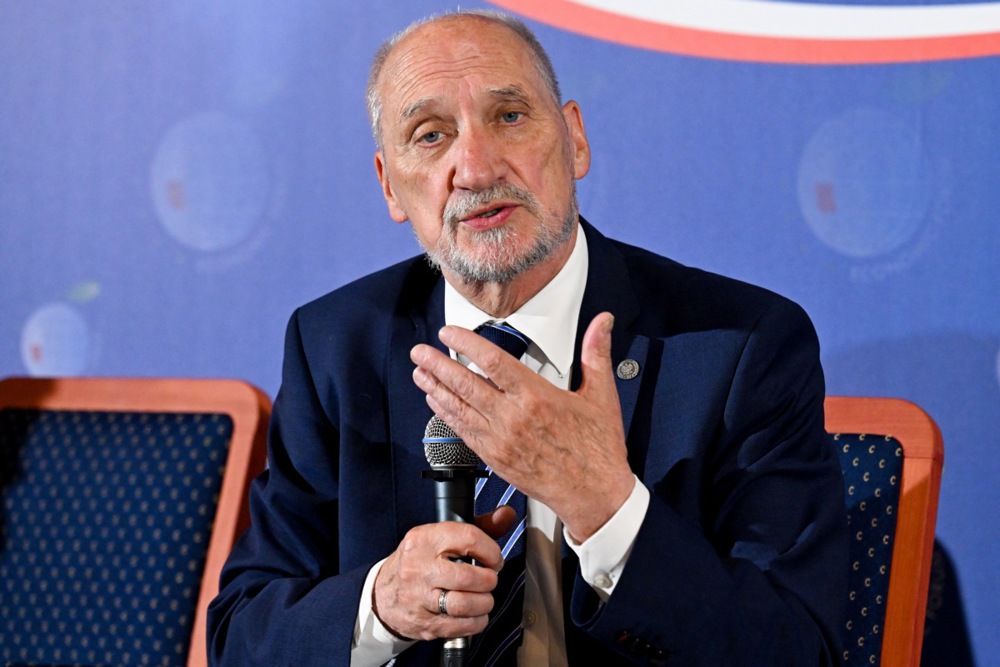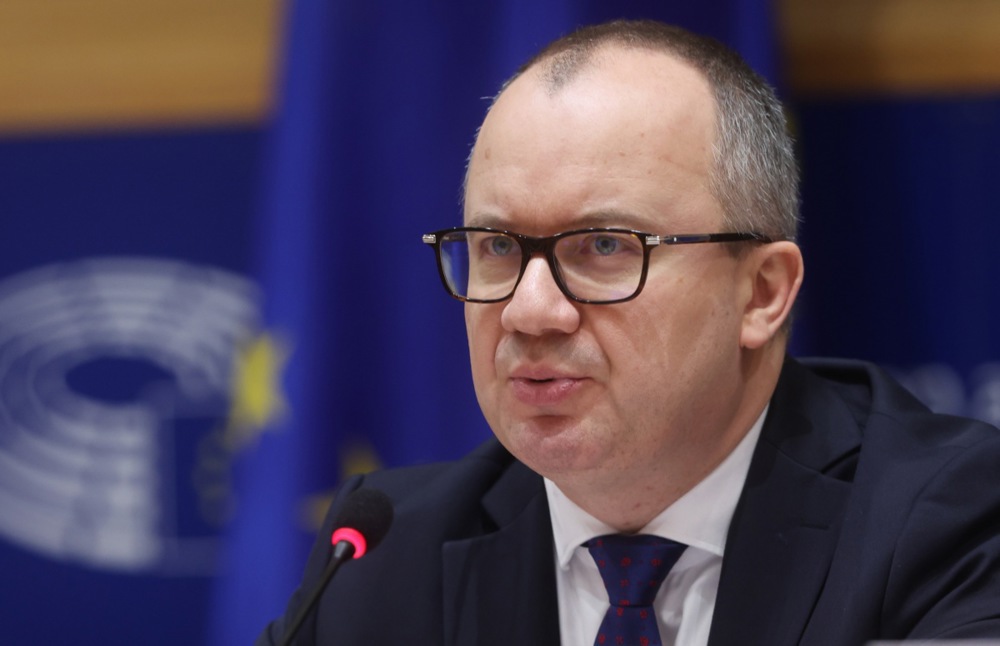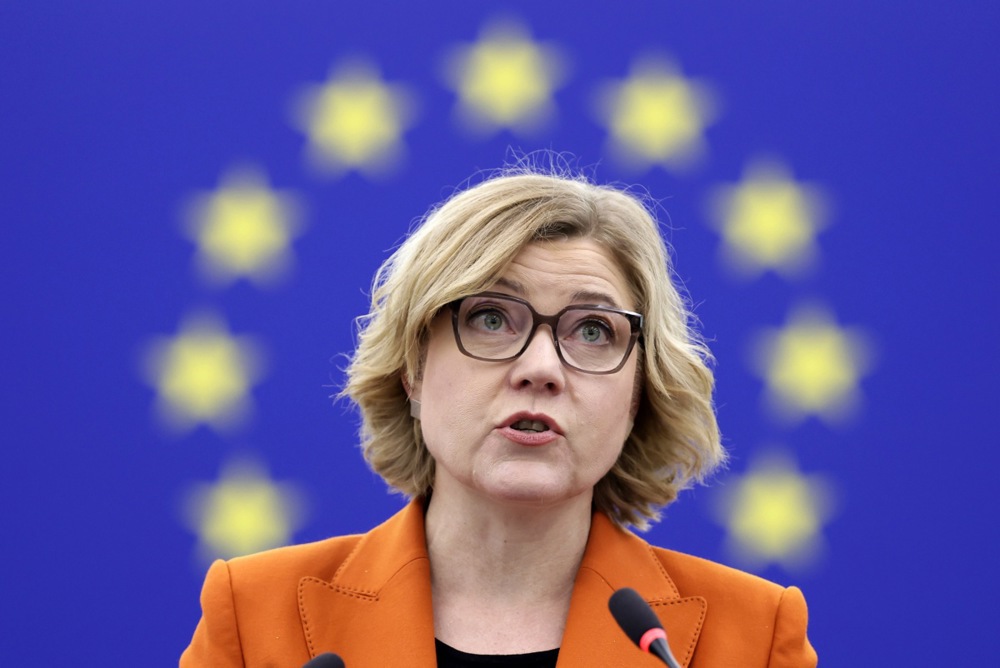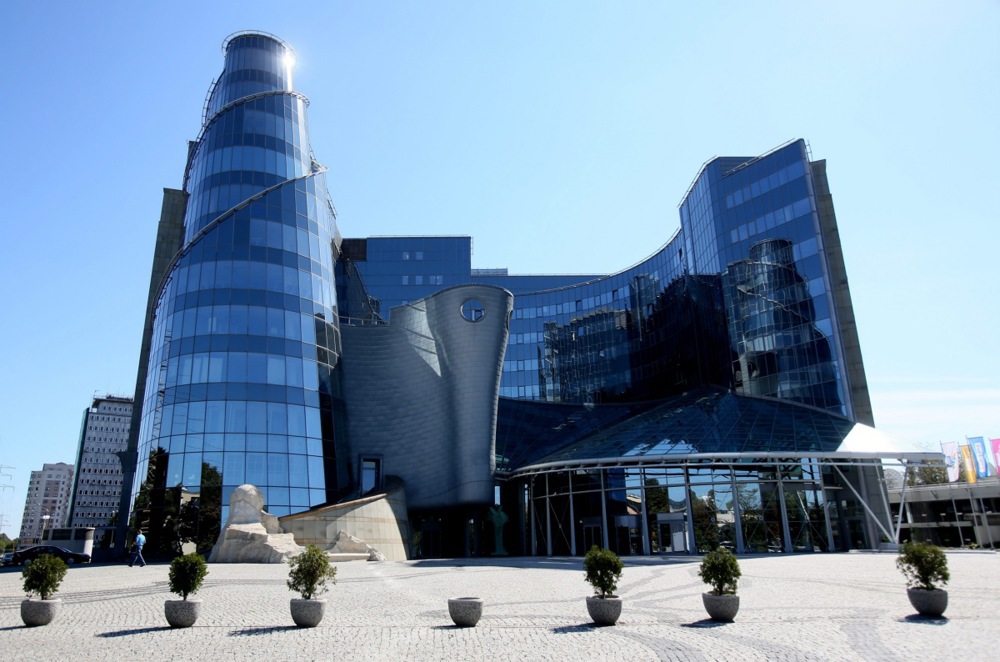Money from the European Union’s post-pandemic funds was reportedly used to buy luxuries for the families of the Polish Government-supporting politicians and for ventures including a swingers club.
The European Commission on August 8 asked Warsaw for explanations on the alleged misspending of the EU’s funds. They emerged in the Polish media and led the government to promise the matter would be investigated.
After an announcement in 2024 that funds worth close to €300 million from the National Recovery Plan (KPO) would be released quickly, companies from the hospitality, catering, tourism and culture sector rushed to submit applications.
The luxury items that qualified for funding included vehicles such as a Porsche Cayenne, Audi Q8, Lexus RX450H+ and Range Rover Sport.
After the funding process ended, the government proudly announced on its website: “We have already signed 1,621 contracts,” with a map showing where the grants went.
Funds went to entrepreneurs for items such as coffee machines, floating houses, tanning beds and yachts.
In one case an entrepreneur from Silesia received €100,000 for the “diversification of catering activities” in a swingers club.
Challenged on the revelation, the owner of the club on August 9 said he did nothing wrong in applying and that “since an audit has already been held into the legal propriety of the grants there were no grounds for further investigations Prime Minister [Donald] Tusk has called for”.
Some €120,000 from the National Recovery Plan funds went to a councillor from Tusk’s Civic Coalition (KO) Izabela Piasecka to build a “relaxation zone” at her privately owned holiday resort.
Another €120,000 went to the wife of KO Senator Beniamin Godyla for a spa area in the couple’s hotel.
KO MP Katarzyna Królak admitted to commercial broadcaster TV Polsat that “half of my family received funding” from the EU resources. “We live in such a world in which people are allowed to write grant applications,” she added.
She wasn’t the only one. The wife of the KO’s wealthiest – according to public records – MP Artur Łącki received three grants from the recovery funds worth over €250,000 to develop his hotel business.
Katarzyna Duber-Stachurska, the recently fired head of the agency responsible for administering the grants (PARP), defended the organisation by stating on August 10 that it was merely following the rules and regulations issued by the Ministry for Development Funds and Regional Policy.
She said it was the minister at that department, Katarzyna Pełczyńska-Nałęcz, who had assured businesses applying that there would not be any unnecessary red tape. “The ministry signed off on all the grants and certainly knew about the yacht,” she added.
Pełczyńska-Nałęcz retorted that PARP was responsible for administering the grants and claimed that the head of the agency had not reported any concerns or irregularities with regard to the applications for or execution of the projects funded by the grants.
One of Poland’s best known entrepreneurs Rafał Brzoska who owns InPost logistics company was scathing about the scandal.
“KPO = End of the Recovery Program. Out of stupidity, haste, human greed, the lack of proper procedures, and the absence of qualified personnel to competently assess applications and separate the wheat from the chaff?” – he posted on platform X.
“It’s a shame that such an important program for Poland, its economy, and its investments is ending this way, because surely no one has any doubts anymore that this is the END …” he added.
The European Commission has been more restrained in its response so far but has asked Warsaw for an explanation.
“Poland is obliged to take explanatory action,” said EC Spokesperson Maciej Berestecki in an interview with commercial broadcaster RMF FM.
Poland has until November 2025 to submit a payment request, which will allow Brussels to assess whether these projects meet the EU’s KPO criteria.
Brussels stressed that if the response of the Polish authorities regarding any irregularities prove to be inadequate, the EC may take further steps. In cases involving alleged fraud, the European Public Prosecutor’s Office and OLAF (European Anti-Fraud Office) may step in.
The KPO was the name given for the implementation of around €60 billion of EU funds designated to help member states recover from the impact of the Covid pandemic.
These funds had been frozen by the EC in response to allegations of rule of law violations during the lifetime of the Poland’s previous Conservative (PiS) government but were unlocked in 2024 after Tusk’s administration came to power.





